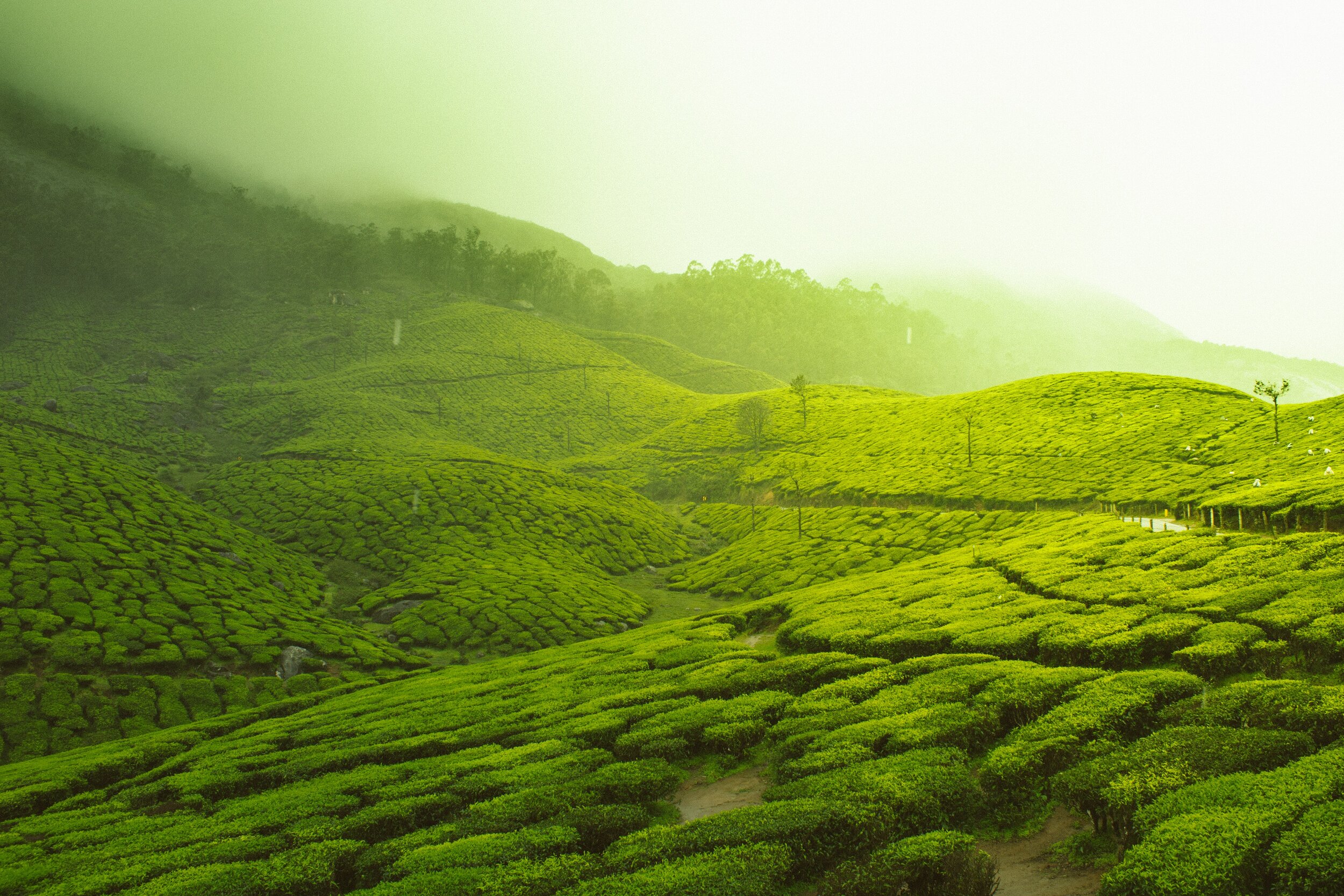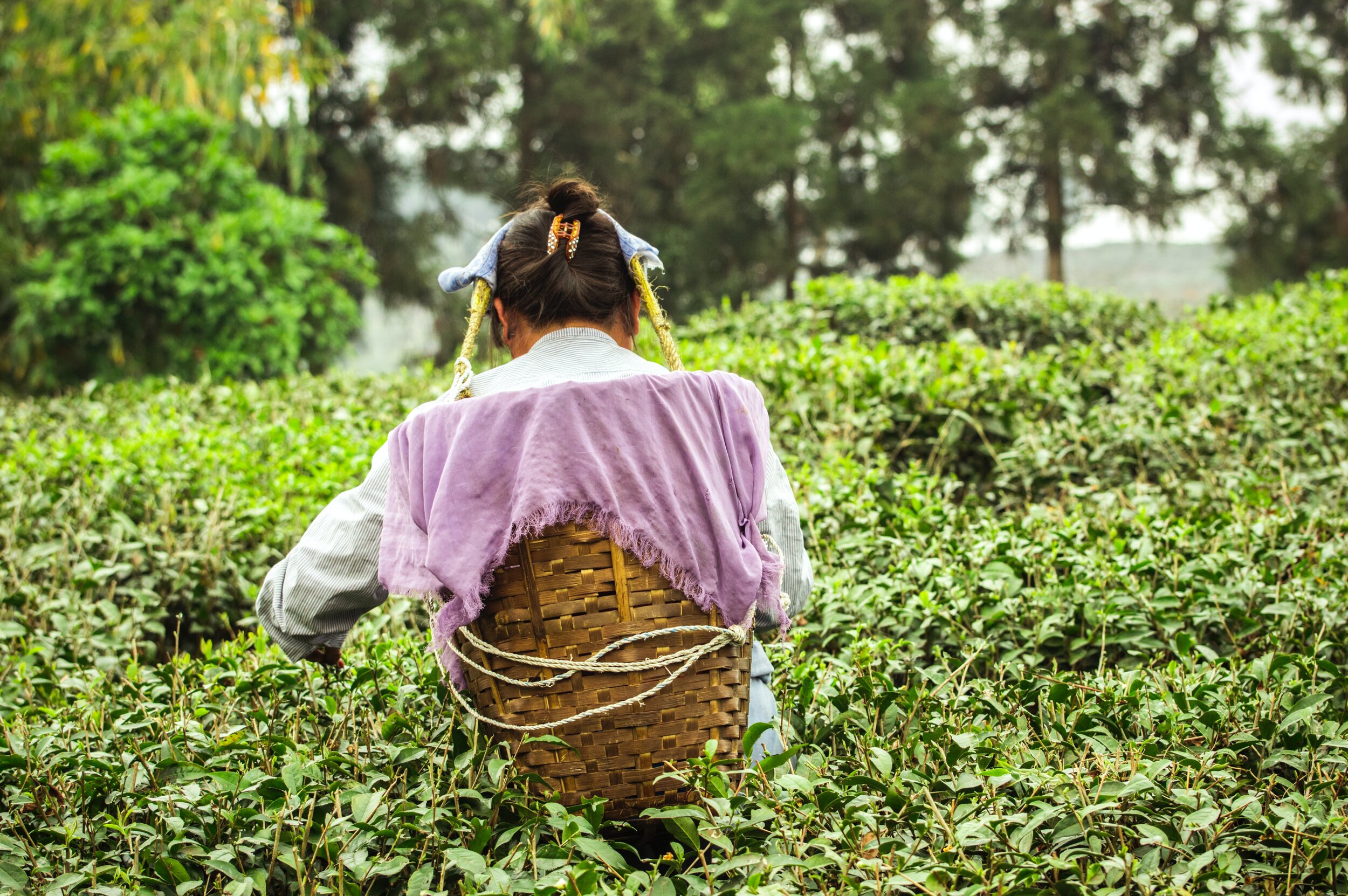Sustainability can be achieved when the social, economical and environmental impacts are considered fully. Given this definition, is tea sustainable?
Tea trees are plants that lives for a long time, and can sustain multiple harvests as the farmer only take a few tea leaves from the top of the plant each time. For the rest of the tea plant’s life, it consumes nothing other than what its natural environment provides. However, sustainability is a complex problem that involves many layers of inputs, stakeholders and space.
Before deep diving into the sustainability of tea, we should first understand tea as a plant first! Tea tree is an evergreen plant that is usually trimmed to below 2 m when cultivated for its leaves. Native to East Asia, the Indian Subcontinent and Southeast Asia, the plant enjoys a warm, humid climate at high altitudes. In their native locations, tea trees can grow lusciously without any fertilizers or pesticides.
However, with the increasing demand for tea leaves, tea-growing has expanded outside of its origin. Big tea farms can be found in places like the United Kingdom and United States for mass production. To ensure growth, pesticides are often used to aid the plant in adapting to a foreign environment. In addition, land that is originally covered by forests is also being cleared to make room for tea farms. This forest removal takes away land cover and often degrades the integrity of the soil, which is detrimental to the environment and the ecosystems it surrounds as a whole. However, not all is doom and gloom. Tea that grows in their native environment causes less harm to the environment! As local farmers have years of knowledge passed on from generations, their practices should be honoured and preserved. Nunshen tea for example, only selects the most premium tea from local tea farms, tea that truly honours the environment.

Some might argue that with bigger farms, farmers can retain more profit from the tea growing and therefore improve their livelihood, making large tea farms economically and socially sustainable. Truth is, as large corporations enter, workers’ rights are often exploited to ensure they keep the price low, resulting in the underpaying of tea farm workers despite the dangerous working conditions.
Without support, workers are not protected, and their wellbeing is compromised. To make matters worse, small local farmers struggle to compete with large tea growing companies because their increased costs make them unable to keep their prices low. Unable to compete, small farms are then forced to shut down and the farmers who originally farmed there have no choice but to work for the bigger companies as their tea farmers, which leads to further exploitation. This becomes a vicious cycle if not carefully watched over. This is why we need to hold tea companies accountable for their social and economical sustainability practices. Nunshen, for example, ensures all workers’ health and safety are protected at work having fair procedures and remedies, and promoting land rights of communities, including indigenous people. Only by partnering with the local industries, NGOs and local government can they improve the lives of the tea workers, and ensure farms grow sustainability in the meantime.
So what’s going on with sustainability right now? How’s the industry tackling the challenges? Currently, many non-profits connect the industries, development partners, NGOs, and local governments’ action to improve the lives of tea workers, farmers, and the environment they live and work in. In 2013, Forum for the Future convened the Tea 2030 initiative: a global collaborative which brought leading organizations together to help create a sustainable future for tea.
The Ethical Tea Partnership (ETP), a non-profit, joins forces with local farmers and the respective stakeholders to help make tea a successful and sustainable sector. As consumers, we can start small and get to know the cup of tea we sip, choosing brands that prioritize local tea farms and needs first. We can start by looking for organic, Fair Trade-certified teas in recyclable packaging to maximize sustainability like Nunshen. All in all, tea sustainability can be achieved if we all start trying. Baby steps matter!




